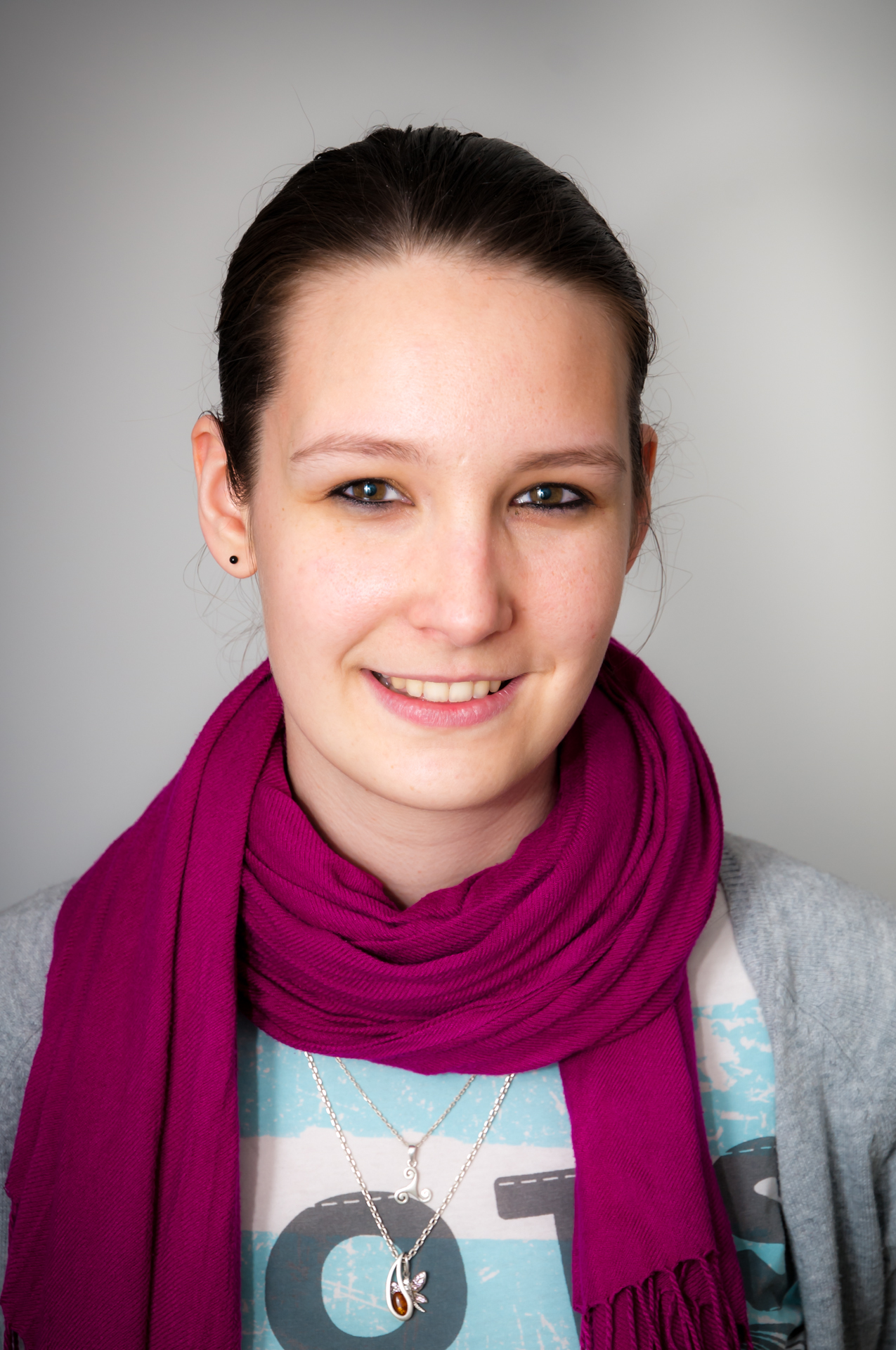CEA (Commissariat à l’énergie atomique et aux énergies alternatives) is a government-funded research organisation, focusing on low-carbon energies, defense and security, information technologies and health technologies, and fundamental research. CEA-DRT-LETI (Laboratory for Electronics & Information Technology) aims at helping companies to increase their competitiveness through technological innovation and transfer of its technical know-how to industry. With 8000 m² SOA clean rooms, some 160 M€ of equipments, 1600 people and a very important patents portfolio, CEA-DRT-LETI has 5 program-oriented departments: microelectronics, microsystems, optronics, system design, and technologies for bio and health. The Design Architectures & Embedded Software Division (DACLE division), common to CEA-DRT-LETI and CEA-DRT-LIST, gathers more than 200 people focusing, among others, on digital and SoC, design for high performance and embedded systems, and embedded software. It provides expertise in advanced computing architecture and highly integrated system design, highly integrated/massively parallel processors, computing architecture for future technologies, programming, compilation and execution environments for low-power applications, feedback-control for cost, variability and energy consumption reduction.
Contribution to OPRECOMP
CEA will contribute in WP5 with a software controller framework that adapts an algorithm’s accuracy at run-time, depending on execution conditions, and fabrication technology, i.e., FDSOI characteristics. CEA will also coordinate the demonstration activities in WP8.
Team

Henri-Pierre Charles
Research Director at CEA-LIST

Yves Durand
Research Director at CEA-LIST
Anca Molnos
She received her M.Sc. degree in computer science from the “Politehnica” University of Bucharest, Romania and the Ph.D. degree in computer engineering from the Delft University of Technology, The Netherlands, in 2001 and 2009, respectively. Between 2006 and 2009 she was senior scientist at NXP Semiconductors, The Netherlands, working on low-power multi-processors and distributed real-time systems. From 2009 to 2012 she was a researcher with the Delft University of Technology, working on embedded multi-core resource management for low-power and quality of service. In 2013 she joined CEA LETI, where her research focuses on developing energy-aware software, energy and variability management, and frameworks for adaptable parallel systems. She is the scientific coordinator of French-Swiss joint national project Artefact (AppRoximaTivE Flexible Circuits and Computing for IoT).
Damien Couroussé
He received his PhD degree in 2008 a PhD from INPG (Institut National Polytechnique de Grenoble) in Engineering of Cognition Creation and Learning, working on computing architectures for virtual reality and mutisensory systems. After two years in the industry in Logica CMG as an expert in Linux and embedded systems, he joined CEA in 2011. His research focus on compilation and runtime code generation for performance and cybersecurity. He has contributed to several European collaborative projects, and is coordinator of the COGITO project (ANR INS 2013).

David Coriat
He received his M.Sc. degree for the University of Science of Montpellier, France, in 2012, and subsequently joined the CEA-LETI Minatec. He has worked on dynamic management of power and variability in MP-SoC architectures as well as power estimation techniques in large MP-SoC architectures. His research interests now lie in low power architectures and transprecision computing at hardware level.
For the OPRECOMP project, he's involved in hardware architecture and in transprecision units implementation.

Julie Dumas
She obtained a PhD in the field of computer architecture from Université Grenoble Alpes in 2017. She joined CEA in 2019. Her research interests include performance optimization of cache coherence on manycore architectures, system simulation and dynamic compilation at runtime.
She is involved in OPRECOMP in the development of a tool to generate code at runtime.



